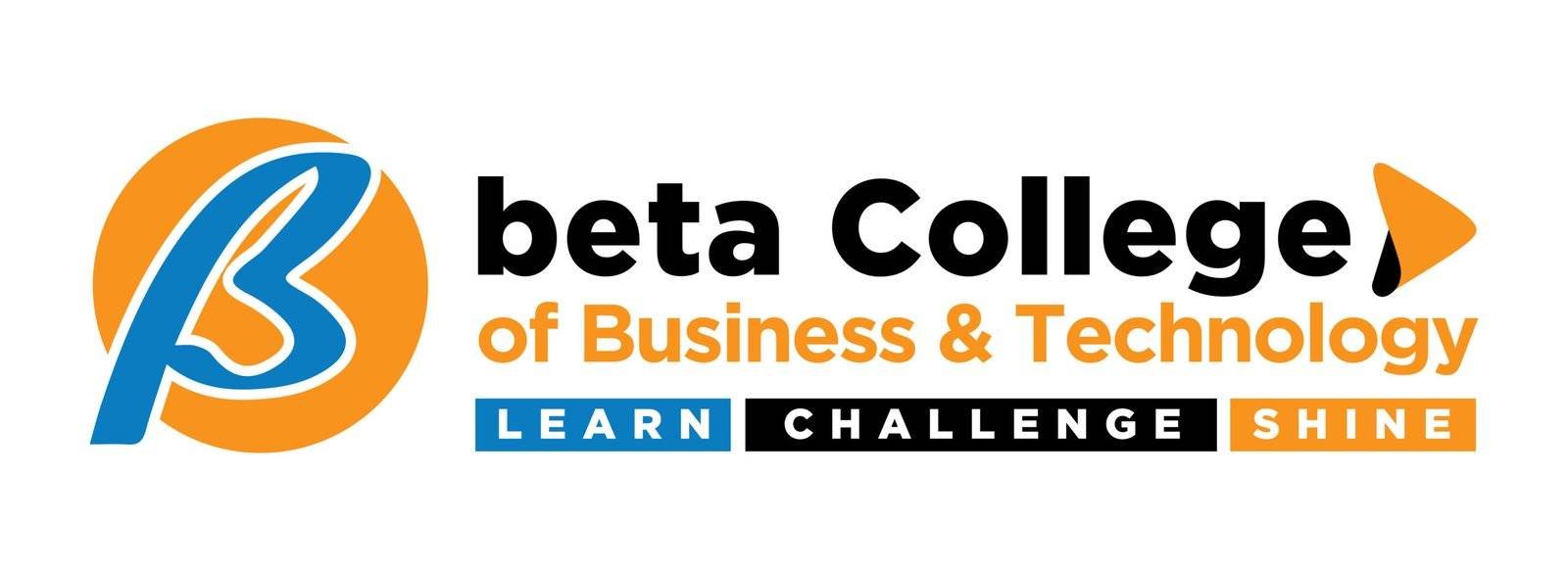In the pursuit of academic excellence, mastering effective study techniques is paramount. The journey to high grades and academic success isn’t solely reliant on innate intelligence; rather, it involves the strategic application of study techniques that facilitate better learning, retention, and application of knowledge. This article delves into a variety of study techniques designed to elevate your academic performance and help you achieve your educational goals.
Understanding the Role of Study Techniques
To begin with, it’s essential to recognize the significance of employing effective study techniques. Good study habits create a structured learning environment, foster consistency, and enhance comprehension. By integrating these techniques into your routine, you not only improve your academic performance but also build confidence and reduce stress. Thus, mastering study techniques is a vital component of academic success.
Create a Comprehensive Study Schedule
1. Plan Your Study Sessions
Firstly, establishing a organised study schedule is crucial. A detailed timetable helps you allocate specific times for each subject, ensuring that you cover all necessary material without feeling overwhelmed. Start by listing out all the topics you need to study and divide them into manageable sections. Incorporate short, focused study sessions with regular breaks to maintain your concentration and avoid burnout.
2. Set Achievable Goals
Moreover, setting clear, achievable goals within your study schedule is beneficial. Define what you aim to accomplish in each session, such as mastering a particular chapter or solving a set number of problems. This goal-setting approach helps keep you motivated and provides a sense of accomplishment as you complete each objective.
Implement Active Learning Strategies
1. Engage with the Material
Active learning involves engaging directly with the material rather than passively reading or listening. For instance, summarizing information in your own words, creating flashcards, or teaching concepts to a peer can significantly enhance your understanding. These methods encourage deeper cognitive processing and improve information retention.
2. Apply Knowledge Practically
Additionally, applying your knowledge through practice problems, case studies, or real-life scenarios reinforces learning. This practical application helps solidify concepts and prepares you for exams or real-world challenges. By integrating these active learning strategies, you can make your study sessions more interactive and effective.
Utilize the Pomodoro Technique
1. Manage Your Study Time Effectively
The Pomodoro Technique is a popular time management method that can greatly enhance your productivity. This technique involves studying for 25 minutes, followed by a 5-minute break. After completing four such intervals, take a longer break of 15-30 minutes. This approach not only helps in maintaining focus but also prevents mental fatigue, making your study sessions more productive.
2. Customize Your Intervals
Furthermore, you can customize the Pomodoro Technique according to your personal preferences and the complexity of the material. For more challenging subjects, you might extend the study period to 40 minutes, followed by a 10-minute break. Adjusting these intervals to suit your needs can further optimize your study sessions.
Employ Visual Aids and Memory Techniques
1. Leverage Visual Learning Tools
Incorporating visual aids into your study routine can significantly enhance your understanding and recall. Tools such as mind maps, flowcharts, and diagrams visually represent complex information, making it easier to grasp and remember. Visual aids are particularly useful for subjects that involve intricate processes or relationships.
2. Use Mnemonics and Acronyms
Additionally, mnemonic devices and acronyms are effective memory techniques that can aid in recalling information. For instance, creating acronyms for lists or using rhymes and associations can simplify complex material and improve memory retention.
Practice Retrieval and Spaced Repetition
1. Reinforce Your Memory
Retrieval practice involves actively recalling information from memory rather than simply reviewing notes. This technique strengthens your memory and enhances your ability to retrieve information during exams. For example, try to answer practice questions or explain concepts without referring to your notes.
2. Implement Spaced Repetition
In conjunction with retrieval practice, spaced repetition involves revisiting material at increasing intervals. This technique helps consolidate knowledge and prevents forgetting. Utilize spaced repetition software or create a revision schedule to systematically review previously learned content.
Create an Optimal Study Environment
1. Design Your Study Space
An effective study environment is crucial for maintaining focus and productivity. Choose a quiet, well-lit space free from distractions. Ensure your study area is organised and equipped with all necessary materials, such as textbooks, stationery, and a computer.
2. Minimize Distractions
Additionally, minimize potential distractions during your study sessions. Turn off notifications on your devices, close unnecessary tabs on your computer, and inform those around you of your study schedule. Creating a distraction-free environment allows you to concentrate fully on your studies.
Join Study Groups and Seek Peer Support
1. Collaborate with Peers
Study groups provide an opportunity to collaborate with peers, discuss difficult concepts, and gain new insights. Working with others can clarify misunderstandings and reinforce your learning. Engage in group study sessions to exchange ideas and benefit from collective knowledge.
2. Utilize Academic Resources
Moreover, don’t hesitate to seek additional support if needed. Utilize academic resources such as tutoring services, online forums, or academic counseling. These resources can offer personalised assistance and address specific challenges you may encounter.
Set SMART Goals for Your Studies
1. Define Clear Objectives
Setting SMART (Specific, Measurable, Achievable, Relevant, Time-bound) goals is essential for effective studying. Clearly defined objectives provide direction and motivation, helping you stay focused and track your progress. For example, set a goal to complete a certain number of chapters or achieve a specific grade on a practice test.
2. Monitor Your Progress
Furthermore, regularly monitor your progress towards your goals. Reflect on what you’ve achieved, identify areas for improvement, and adjust your study plan accordingly. This continuous evaluation ensures that you remain on track and make necessary adjustments to achieve your academic objectives.
Maintain a Healthy Study-Life Balance
1. Prioritise Self-Care
Balancing your academic responsibilities with self-care is vital for overall well-being. Ensure you get adequate sleep, exercise regularly, and maintain a healthy diet. A well-balanced lifestyle supports cognitive function and reduces stress, contributing to more effective studying.
2. Manage Stress Effectively
Additionally, practice stress management techniques such as mindfulness, meditation, or relaxation exercises. Managing stress helps maintain a positive mindset and improves focus, ultimately enhancing your academic performance.
Conclusion
In conclusion, mastering study techniques is a key factor in achieving academic success. By creating a structured study schedule, employing active learning strategies, and utilising techniques such as the Pomodoro Technique and spaced repetition, you can significantly enhance your study habits and performance. For more insights into effective study habits, explore our article on 10 Good Habits for Students to Achieve Academic and Personal Success.
By implementing these study techniques and maintaining a balanced approach to your studies, you will be well on your way to achieving your academic goals and excelling in your educational pursuits.


